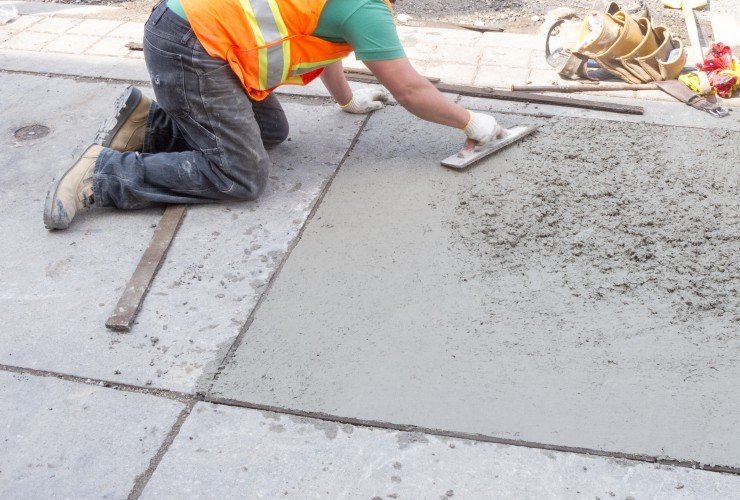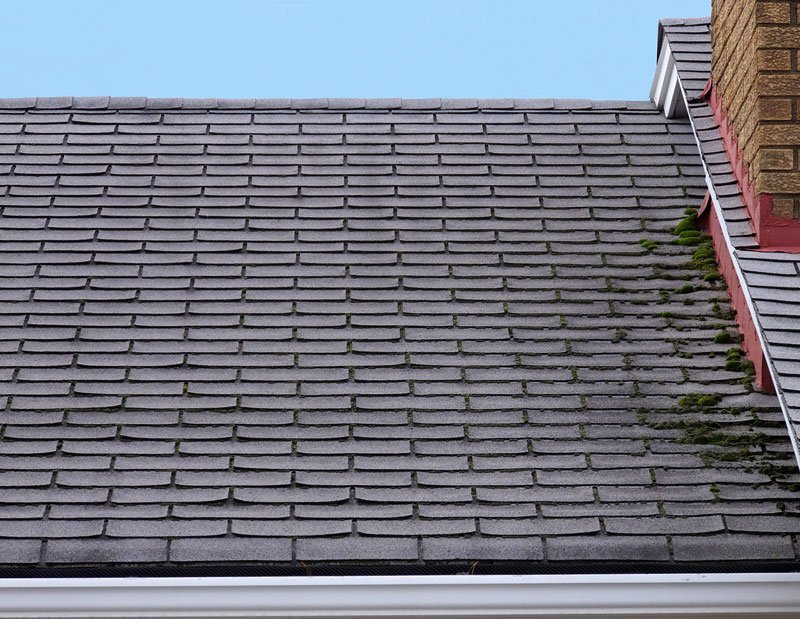
Concrete Repair for Commercial Buildings
abdul
- 0
Commercial buildings are exposed to various environmental factors that can cause damage to their structures over time. One of the most common issues is concrete damage, which can include cracks, spalling, and surface deterioration. Not only does this decrease the aesthetic appeal of the building, but it also poses a safety risk for occupants.
Concrete repair is an essential component in maintaining the longevity and safety of commercial buildings. It involves identifying the root cause of damage and implementing effective solutions to restore the structural integrity of concrete surfaces. This article will explore different types of concrete repair spokane techniques suitable for commercial buildings, including epoxy injection, crack sealing, and surface coatings. Additionally, it will highlight key considerations such as cost-effectiveness and durability when choosing a repair method.
Why commercial buildings need concrete repair
Commercial buildings are essential structures that house businesses and public services. They receive heavy foot traffic, vehicular traffic, and are exposed to various environmental factors such as temperature changes, moisture, and freeze-thaw cycles. These conditions can lead to damage on the concrete surfaces, including cracks or holes. Concrete repair is a necessary maintenance activity for commercial buildings to ensure their longevity and safety.
Concrete repairs for commercial buildings may involve filling in cracks, patching up holes or resurfacing the whole surface area of the concrete. Repairs can be done through various methods such as epoxy injection, crack stitching or grouting techniques. Ignoring these damages can cause structural issues that lead to significant problems if they continue untreated. Moreover, it could result in liabilities due to accidents caused by unaddressed defects on the concrete surfaces.
Common causes of concrete damage:
One of the most common causes of concrete damage is freezing and thawing cycles. When water penetrates concrete, it can freeze and expand, causing cracks to form. Over time, these cracks can worsen and cause significant structural damage if left untreated.
Another common cause of concrete damage is exposure to chemicals. For example, salt used for de-icing roads and sidewalks can seep into concrete surfaces and cause corrosion. Similarly, industrial chemicals or even cleaning agents can weaken the surface of concrete over time.
Types of concrete repair methods:
- One of the most common types of concrete repair methods is surface repairs. This method involves repairing cracks, potholes, and other forms of surface damage using a range of materials such as epoxy or cementitious mortars. Surface repairs are effective in restoring the appearance and functionality of damaged concrete surfaces.
- Another type of concrete repair method is structural repairs. Structural repairs are necessary when the integrity of a building’s structure has been compromised due to severe damage or deterioration. This type of repair often requires more extensive work, such as replacing damaged sections with new concrete or reinforcing existing structures with steel rods.
- Lastly, there is preventative maintenance repairs which aim to prevent future issues from arising by addressing minor damage before it develops into major problems that require costly structural repairs. Preventative maintenance includes measures such as sealing joints and cracks in order to minimize water ingress which can cause erosion and deterioration over time.
Hiring a professional contractor:
When it comes to commercial concrete repair, hiring a professional contractor is key. Not only do they have the expertise and experience needed to properly assess and repair the issue at hand, but they also have access to top-quality materials and equipment that may not be available to the average business owner or maintenance team. Additionally, a professional contractor will be able to provide a detailed plan of action for the repair process, including timelines and cost estimates.
One important factor to consider when selecting a contractor for your concrete repair needs is their level of certification and licensing. Look for contractors who are licensed in your state and hold certifications from industry organizations such as the American Concrete Institute (ACI) or International Concrete Repair Institute (ICRI). These certifications ensure that the contractor has received specialized training in concrete repair techniques and adheres to industry standards.
Conclusion:
In conclusion, concrete repair is crucial for maintaining the structural integrity and aesthetic appeal of commercial buildings. It is important to hire experienced professionals who can assess the damage and provide effective solutions that meet safety standards. Preventive maintenance measures can also help to avoid costly repairs in the long run. Whether it’s repairing cracks, spalling or other issues, timely concrete repair can prolong the life of a building and save owners money on future repairs. So, don’t wait until it’s too late – invest in regular inspections and necessary repairs to keep your commercial property looking great and functioning at its best!
ALSO READ / best interior design houses

